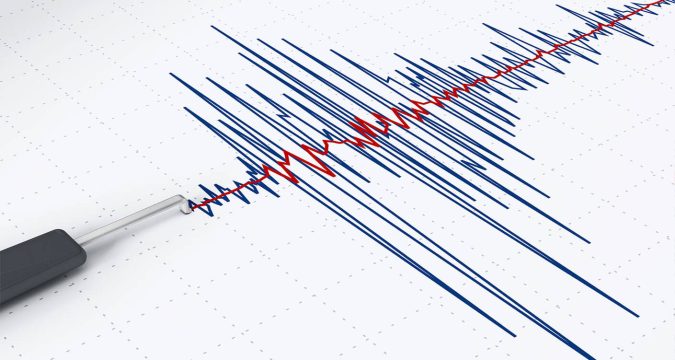
Lie detection technology has revolutionized security and law enforcement, among other fields. The acceptance of such technology in insurance claims investigations has proven to be a complex issue. These tools create ethical questions regarding their dependability, particularly when considering a Lie Detector Test California, even if they could improve the accuracy of fraud detection.
Enhancing fraud detection
A common problem costing the sector billions yearly is insurance fraud. Investigators can find it difficult to separate real from fake accusations as claims get more complicated. The investigative process can be much improved by lie detection technologies, including polygraphs, voice stress analysis, and even complex biometric tools. These tools can enable insurance firms to spot suspicious activity and properly prioritize investigations by offering insights into the reliability of claimants. This results in better resource allocation, which lets businesses concentrate on high-risk claims while accelerating valid ones.
Ethical Considerations

Though there are benefits, the application of lie-detecting technology raises various ethical questions. These tools have different degrees of precision; hence, false positives could have serious effects. Based on perhaps false findings, innocent applicants could be subjected to unnecessary inquiry or benefit denial. Moreover, a privacy breach is a possibility since the application of such technology usually entails gathering private information with great sensitivity. Insurance firms have to negotiate these ethical dilemmas carefully, balancing customer rights and dignity against the necessity of fraud prevention.
Legal Implications
Legal issues can also result from including lie detection technologies into insurance investigations. Claimants could contest the legitimacy of the findings, contending that the technology is unreliable as an indicator of veracity. Some countries have seen mistrust of such technologies in judicial environments, and judges can be hesitant to embrace findings as conclusive evidence. Insurance companies have to be ready to justify their use of lie detection technology, making sure it conforms with local laws and regulations and preserves ethical standards. Ignorance of this could lead to legal consequences and damage to reputation.
Lie detection technology has a significant and varied influence on tests of insurance claims, including the Lie Detector Test California. Although it has major advantages for resource management and fraud detection, the related ethical and legal issues cannot be disregarded. The insurance sector going forward will depend on finding a balance between honoring claimants’ rights and efficiently using these technologies. The emphasis should always be on building trust, guaranteeing fairness, and advancing ethical behavior in the research process as long as technology keeps developing.


